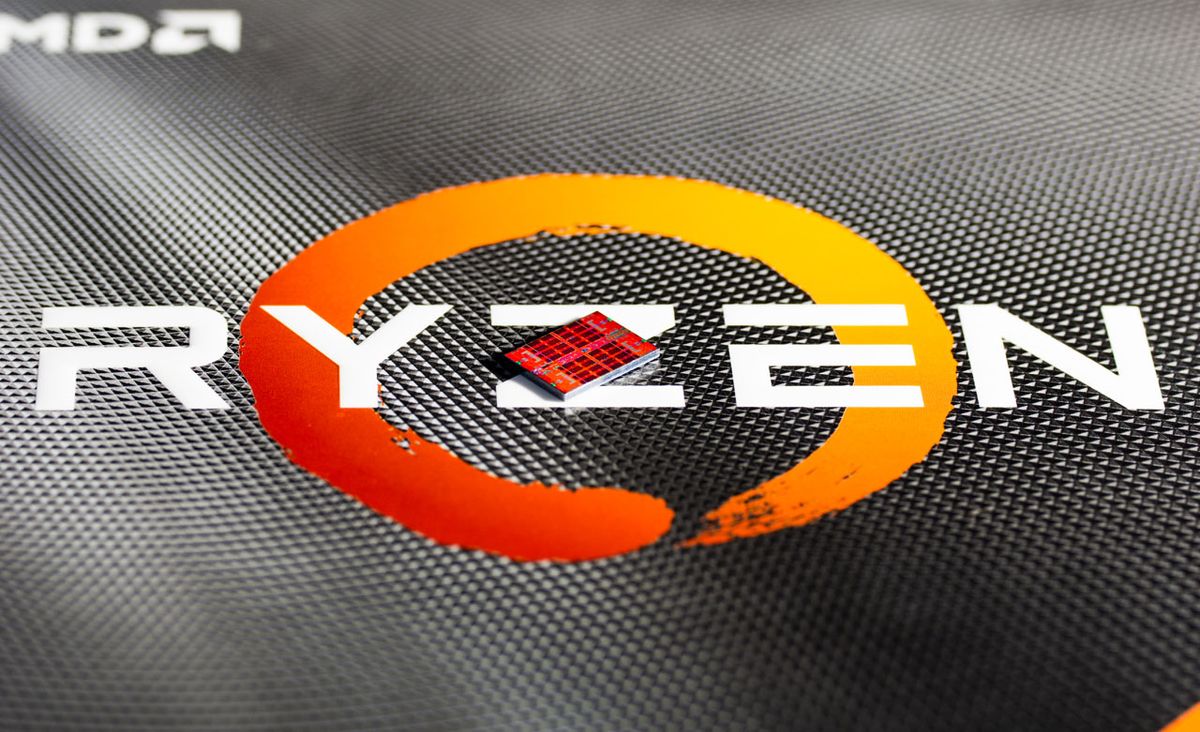MAXIMUM excitement ensues! Upgrade parts have been ordered. I am completely rebuilding my PC around the RTX 3090 in such a way that will maximize the performance of this ultra high end video card.
A big part of my excitement is that this is my first AMD CPU based build in 15 years. I abandoned AMD CPUs when Intel surpassed AMD by a significant margin in gaming performance overall, and haven't looked back until now. Zen 3 feels like the modern day K7 in many ways, taking the fight right to Intel's doorstep and taking the crown back with style. I am hardware brand agnostic and will buy whatever brand suits my needs. AMD, Intel, Nvidia, I don't care. Gimme the fastest performance of the features I want, that is all that matters.
AMD Ryzen 5000 series chips have been as scarce as any other new, advanced toys launched at the end of last year and only this week have been showing up in stock for MSRP. And I put the snag on the premium (in my eyes) chip of the bunch. Not the very highest end one, but the most desirable choice in my book, the Ryzen 7 5800X. With it's single CCX of 8 cores not having to talk to another CCX, it's nice and simple yet brutally fast. I did really consider the 5900 and 5950, but didn't feel like they would contribute anything at all to gaming that I couldn't already get from 5800X. While I do some modding content creation, and the extra vram of 3090 helps with texture editing, I don't need that many CPU cores and wouldn't see much benefit from them in what I'm doing.
The list of parts incoming to arrive next Tuesday are as follows:
Ryzen 7 5800X 8 core CPU
Asus TUF X570 Plus (WiFi built in to motherboard version)
Corsair MP600 PCIe 4.0 M.2 500Gb
Corsair Vengeance RGB Pro DDR4 3200 (4x8Gb)
Corsair H100i Elite Capellix AIO cooler
Essentially this guts my current machine, replacing the 4 year old Core i7 7700K, 32Gb Corsair Vengeance (same speed, worse timings than replacement ram), Asus TUF Z270 Mark 1, Samsung 960 Pro M.2 500Gb PCIe 3.0, and EVGA CLC240 AIO. The PNY RTX 3090 Revel XLR8 will carry over to the new build, as well as the Corsair Carbide 400C, Corsair HX850i Platinum will all be staying. My existing Corsair ML120 RGB fans will also carry over, but be connected to the new controller that comes with the H100i Elite Capellix since it's Corsair's premium controller.
EXCITED!

Another part of the reason I feel now is time to take the plunge is upcoming Resizable BAR support for Nvidia cards. With a vbios flash and driver update, my RTX 3090 should pick up that extra little zing in some games, typically some of which I do play. But Resizable BAR isn't really make or break, but at least with this platform support is already further along towards that goal.

A big part of my excitement is that this is my first AMD CPU based build in 15 years. I abandoned AMD CPUs when Intel surpassed AMD by a significant margin in gaming performance overall, and haven't looked back until now. Zen 3 feels like the modern day K7 in many ways, taking the fight right to Intel's doorstep and taking the crown back with style. I am hardware brand agnostic and will buy whatever brand suits my needs. AMD, Intel, Nvidia, I don't care. Gimme the fastest performance of the features I want, that is all that matters.
AMD Ryzen 5000 series chips have been as scarce as any other new, advanced toys launched at the end of last year and only this week have been showing up in stock for MSRP. And I put the snag on the premium (in my eyes) chip of the bunch. Not the very highest end one, but the most desirable choice in my book, the Ryzen 7 5800X. With it's single CCX of 8 cores not having to talk to another CCX, it's nice and simple yet brutally fast. I did really consider the 5900 and 5950, but didn't feel like they would contribute anything at all to gaming that I couldn't already get from 5800X. While I do some modding content creation, and the extra vram of 3090 helps with texture editing, I don't need that many CPU cores and wouldn't see much benefit from them in what I'm doing.
The list of parts incoming to arrive next Tuesday are as follows:
Ryzen 7 5800X 8 core CPU
Asus TUF X570 Plus (WiFi built in to motherboard version)
Corsair MP600 PCIe 4.0 M.2 500Gb
Corsair Vengeance RGB Pro DDR4 3200 (4x8Gb)
Corsair H100i Elite Capellix AIO cooler
Essentially this guts my current machine, replacing the 4 year old Core i7 7700K, 32Gb Corsair Vengeance (same speed, worse timings than replacement ram), Asus TUF Z270 Mark 1, Samsung 960 Pro M.2 500Gb PCIe 3.0, and EVGA CLC240 AIO. The PNY RTX 3090 Revel XLR8 will carry over to the new build, as well as the Corsair Carbide 400C, Corsair HX850i Platinum will all be staying. My existing Corsair ML120 RGB fans will also carry over, but be connected to the new controller that comes with the H100i Elite Capellix since it's Corsair's premium controller.
EXCITED!

Another part of the reason I feel now is time to take the plunge is upcoming Resizable BAR support for Nvidia cards. With a vbios flash and driver update, my RTX 3090 should pick up that extra little zing in some games, typically some of which I do play. But Resizable BAR isn't really make or break, but at least with this platform support is already further along towards that goal.



